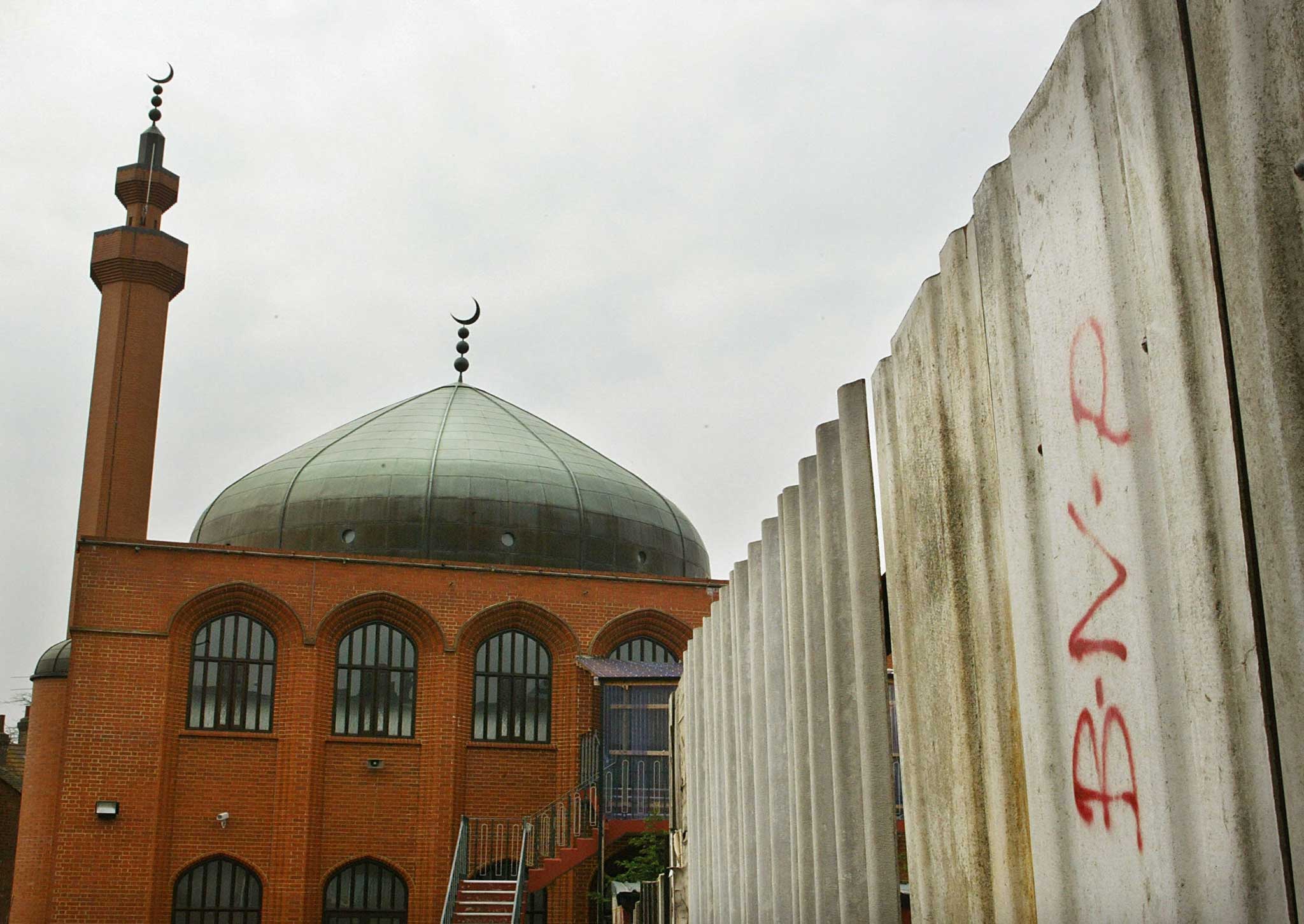We need the help of non-violent Muslim extremists against Isis
Islamic radicals can fight against jihadism, too

Your support helps us to tell the story
From reproductive rights to climate change to Big Tech, The Independent is on the ground when the story is developing. Whether it's investigating the financials of Elon Musk's pro-Trump PAC or producing our latest documentary, 'The A Word', which shines a light on the American women fighting for reproductive rights, we know how important it is to parse out the facts from the messaging.
At such a critical moment in US history, we need reporters on the ground. Your donation allows us to keep sending journalists to speak to both sides of the story.
The Independent is trusted by Americans across the entire political spectrum. And unlike many other quality news outlets, we choose not to lock Americans out of our reporting and analysis with paywalls. We believe quality journalism should be available to everyone, paid for by those who can afford it.
Your support makes all the difference.Punches flew, a few weeks after 9/11, on the streets of Luton. The town has a large Muslim population. As a result, even then, before the English Defence League moved in, it was a magnet for Britain’s white supremacists. But this fight was different. The warring parties could not be separated by the usual yardsticks: white skin versus brown, Christian versus Muslim. All were Islamic fundamentalists, and happy to admit it.
Perhaps fight is the wrong word. What Luton saw was an ambush by a group of Salafists on the local leader of Al-Muhajiroun. Salafists, who make up about 5 per cent of British Muslims, follow a searingly puritan version of Islam. They seek to return to the way of life at the time of Prophet Mohamed. They hold views – on slavery, for example – that liberal society finds abhorrent. And yet, crucially, they do not support armed struggle, or forcing their religion on others. First comes self-purification. Politics are a distraction.
A fist-fight might not be the best illustration of this peaceful way of life. Yet Luton’s Salafists got their hands dirty only to chase out of town a rival, and avowedly violent, Islamist group. Before it was banned under terrorism laws Al-Muhajiroun – whose former leader, Anjem Choudary, has just been arrested for “inviting support” for Isis – cheered suicide attacks, and was committed to forcing an Islamic state on the UK, right here and now. So keen were the Salafists that the British public note the difference between their ways, broadly peaceful, and Al-Muhjiroun, they gave a press conference: “If we see Al-Muhajiroun on the streets spreading their poison,” read a statement, “we will drive them off.” So, there it was: extremist Islam self-policing.
If the Salafists’ message was heard in late 2001, above the clamour of Islamophobia, it has long been forgotten. As announced last month, David Cameron’s extremism strategy sees all radical Islam, including Salafism, as more or less the same thing as jihadism. The first, claims the PM, leads to the second, and so both can be beaten with the same club.
This was a mistake, in a speech that otherwise deserved praise. Absolutely the Government should encourage more liberal forms of Islam. It was shrewd to promise more state support for Islamic reformist groups, that don’t consider stoning acceptable, gay people intolerable and women’s rights an oxymoron.
But that ought to be kept separate from counter-terrorism, for this reason if no other: you are unlikely to bring the likes of Luton’s Salafists on side – standing against Isis, in public and in private – if their peaceful extremism is treated as indistinguishable from violent forms of it. And, tremendously awkward as any co-operation would be, they may make the most useful of allies.
What is more likely to persuade a 16-year-old already agog at Isis propaganda – a Westminster voice preaching British values? Or a local one that says, yes, an Islamic Caliphate is a desirable thing, but Isis’s is not legitimate, nor is the violence it uses. Only a minor gear shift is required – by the potential acolyte – to switch to the latter view; the former asks for a wrench from fifth to first. Of course, those drawn to Syria by the promise of an AK47 and a licence to kill, over and above any attachment to Islam, will not be put off. But others might.
Maajid Nawaz – a former extremist, now the Government’s chief advisor on counter-extremism – hit out at the British left this week. It has, he wrote for the Daily Beast, indulged radical Islamists for too long. Nawaz would presumably gasp at the idea of breaking bread with the same people his think tank, the Quilliam Foundation, works against.
This is where it helps to be able to hold two fairly contradictory positions at once. On one hand, I support Quilliam. Ugly views are ugly views, and the ideology of Islamic fundamentalism – like Christian and Jewish equivalents – needs leaders like Nawaz to confront it.
But if extremism stops at the border between words and deeds, liberal countries ought to be able to handle it. In fact, that's the point of liberal countries. And from a purely counter-terrorism perspective, the Government would be wise to speak to Salafists, even, perhaps, quietly promote their peaceful views – however off-putting the whole package – as an alternative to Isis. It will be neither easy nor morally straightforward to make them partners. But it should be tried. Luton, if it helps, is not so far away.
Join our commenting forum
Join thought-provoking conversations, follow other Independent readers and see their replies
0Comments